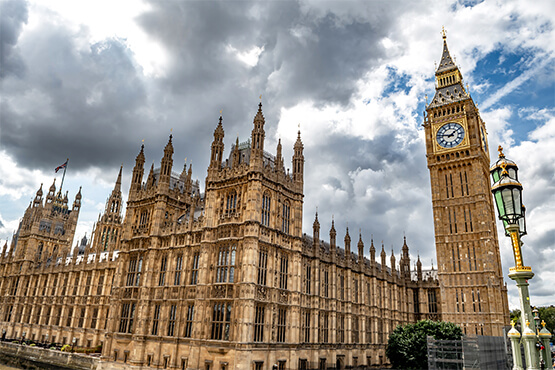Treasury Committee Report on Economic Crime - Government Response
The House of Commons Treasury Committee ('Committee') published the Government’s response to its report on economic crime on 7 May 2019.
The House of Commons Treasury Committee ('Committee') published the Government’s response to its report on economic crime on 7 May 2019. The Committee had published its report titled Economic Crime: Anti-Money laundering supervision and sanctions implementation on 8 March 2019.
A number of the Committee’s recommendations have been welcomed by the government including the call for a more precise estimate of the scale of economic crime in the UK and launching a consultation into the reform of Companies House to provide powers to combat economic crime. The Government has also confirmed it will look to ensure that the UK’s commitment to combatting economic crime will not diminish as a result of Brexit.
The Government has not, however, accepted the Committee’s recommendation for the creation of a register of Politically Exposed Persons. It is also yet to provide a final response on a number of areas including the corporate criminal liability framework, the Economic Crime Plan and the power to block a stock market listing on national security grounds. The Government is also currently awaiting the publication of the Law Commission’s review into aspects of the Proceeds of Crime Act 2002 before issuing a final response in relation to suspicious activity reports reform.
Whilst there are a few surprises in the response, including the potential for resurrection of proposals to introduce a crime for failure to prevent economic crime; only time will tell as to the practical implications of the Government’s response. If the proposals relating to Companies House proceed by giving it the resource and mandate to police their company register; this could help to address a gap in the UK’s current defences when it comes to money laundering.









































